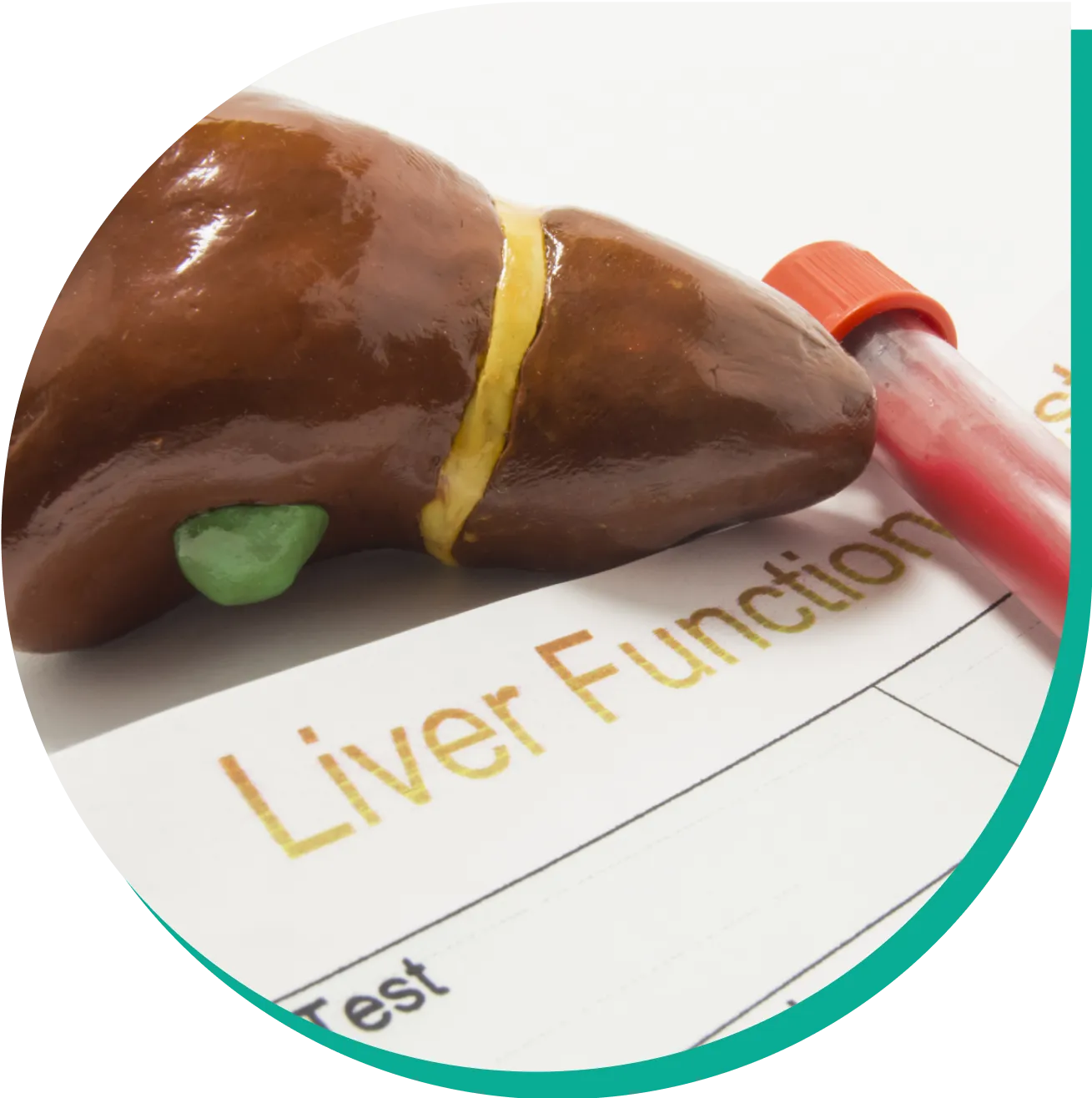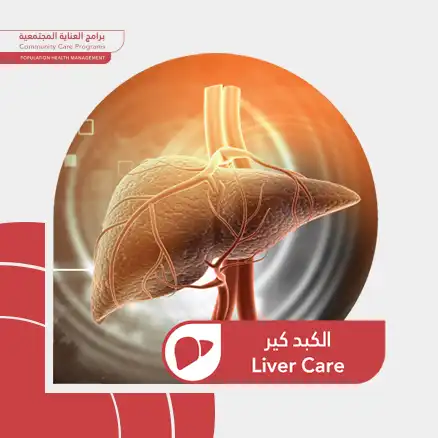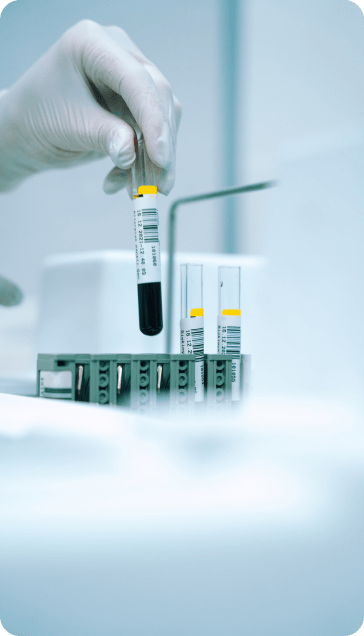
Al Borg Diagnostics
Liver Function Tests
Do you think you have been exposed to the hepatitis virus and feel worried about it? Don’t worry; you can confirm your infection by undergoing a liver function test. In the following article, we will provide you with everything related to it:
Liver Function Tests
Liver function tests, also known as a liver panel or liver chemistries, are blood tests that measure the levels of liver enzymes, proteins, and bilirubin in the blood. These tests evaluate the health and general functioning of the liver. Liver function tests help in: (1)(2)
- Assessing how well the liver is performing its functions.
- Diagnosing liver diseases and determining the extent of damage.
- Monitoring the progression of liver diseases.
- Monitoring the effectiveness of liver disease treatment.
When is a liver function test used?
Liver function tests are not routine tests. Doctors are often requested in the following cases: (1)(3)
- To check damage from liver infection, such as hepatitis B or hepatitis C.
- To Monitor disease progression or the effectiveness of a specific treatment in cases of liver disease.
- To monitor the side effects of certain medications that affect the liver, such as statins, antibiotics, tuberculosis drugs, anti-seizure medications, and non-steroidal anti-inflammatory drugs.
- Individuals with liver disorder symptoms include jaundice, diarrhea, vomiting, nausea, abdominal pain, dark urine, light stools, and fatigue.
- If the person has a family history of liver diseases, such as fatty liver disease.
- Individuals who consume alcohol regularly and excessively.
- Individuals with gallbladder disorders.
- Individuals with specific conditions like diabetes, hypertension, anemia, and high triglycerides.
What are the different types of liver function tests?
The common types of liver function tests include the following: (3)(4)(5)
- Alanine transaminase (ALT): This enzyme is primarily found in the liver and helps break down proteins. Elevated levels indicate liver damage.
- Aspartate transaminase (AST): Another liver enzyme, increased levels indicate liver damage or liver disease.
- Alkaline phosphatase (ALP): This enzyme is found in the liver, bones, and bile ducts. Elevated levels indicate liver disease, bone disease, or bile duct obstruction.
- Albumin: It is a protein synthesized in the liver. Decreased levels indicate liver damage or liver disease.
- Total protein: The liver produces two types of proteins, albumin, and globulin. Decreased levels indicate liver damage or liver disease.
- Bilirubin: It is a waste product produced when red blood cells break down. The liver usually clears bilirubin, so elevated levels indicate liver damage.
- Gamma-glutamyl transferase (GGT): Elevated levels indicate liver or bile duct damage.
- Lactate dehydrogenase (LD): This enzyme is present in most body cells, and increased levels indicate cellular damage due to disease or injury.
- Prothrombin time: It measures the time it takes for blood to clot (this process relies on liver proteins). Increased values indicate liver damage or other conditions.
What are the normal results of liver function tests?
| Enzyme | Normal Range |
|---|---|
| Alanine transaminase (ALT) | 7 - 55 units per liter |
| Aspartate transaminase (AST) | 8 - 48 units per liter |
| Alkaline phosphatase (ALP) | 40 - 129 units per liter |
| Albumin | 3.5 - 5 grams per deciliter |
| Total protein | 6.3 - 7.9 grams per deciliter |
| Bilirubin | 0.1 - 1.2 milligrams per deciliter |
| Gamma-glutamyltransferase (GGT) | 8 - 61 units per liter |
| Lactate dehydrogenase (LD) | 122 - 222 units per liter |
| Prothrombin time | 9.4 - 12.5 seconds |
How to prepare for liver function tests?
How are liver function tests performed?
This test is a simple procedure that usually takes at most 5 minutes. A small blood sample is taken from the patient’s arm using a small needle, and the sample is then placed in a test tube or vial and sent for analysis.
Depending on the laboratory, the results usually appear within hours or a few days. (3)
Are there any potential risks associated with this test?
Finally, we recommend that you visit one of the Al-Borg Diagnostics branches to ensure the health of your liver through the Liver Care package.
References:
- https://www.healthline.com/health/liver-function-tests
- https://www.mayoclinic.org/tests-procedures/liver-function-tests/about/pac-20394595
- https://medlineplus.gov/lab-tests/liver-function-tests/#:~:text=What%20are%20liver%20function%20tests,overall%20health%20of%20your%20liver.
- https://www.webmd.com/hepatitis/liver-function-test-lft
- https://my.clevelandclinic.org/health/diagnostics/17662-liver-function-tests
Check your health with
Liver Care Package




